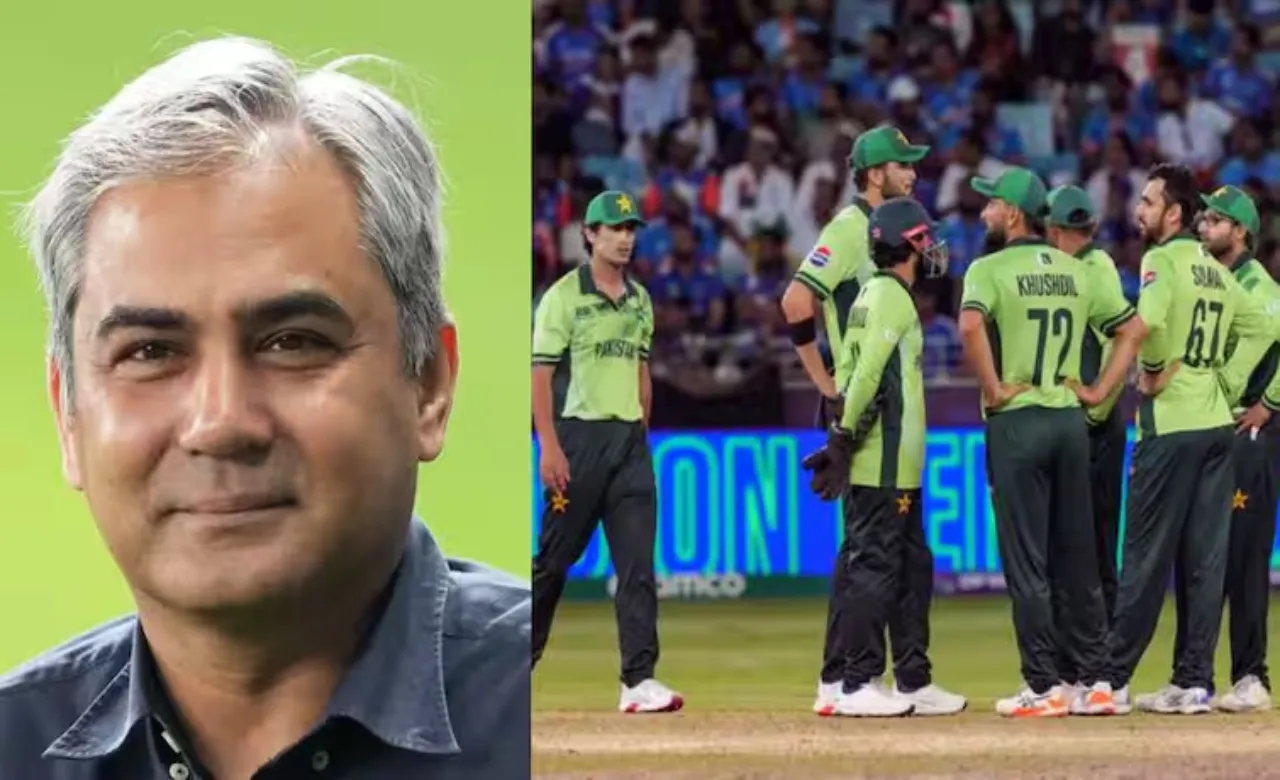New Delhi: The Pakistan cricket team had a humiliating performance in the Champions Trophy 2025. After losing to New Zealand at home, their defeat against India led to their elimination from the tournament. Within just five days of the tournament’s commencement, the host nation was knocked out of the semi-final race. Amid this disappointment, reports suggest that the Pakistan Cricket Board (PCB) is preparing to sack the team’s head coach, Aaqib Javed.
Pakistan’s early exit from the Champions Trophy 2025 has sparked widespread criticism. Former players are not only blaming the cricketers but also holding the coaching staff and selectors responsible for the debacle.
Aaqib Javed Took Over After Gary Kirsten
Aaqib Javed was appointed as the head coach last year after PCB dismissed Gary Kirsten. According to a PCB source quoted by PTI, “The board has not yet decided whether there will be different head coaches for different formats. However, it is certain that after the disappointing performance in the Champions Trophy, changes will be made in the support staff.”
The last few years have been highly challenging for Pakistan cricket. The team has seen frequent changes in head coaches and selectors. The biggest challenge for the cricket board remains the appointment of a stable leadership. The source further added, “Considering how frequently the board has changed coaches and selectors since last year, finding suitable candidates for these positions will be a tough task.”
Pakistan Failed in Every Department
Pakistan’s campaign in the Champions Trophy 2025 was nothing short of a disaster. Neither their batting nor their bowling performed up to expectations, despite their heavy reliance on both. The extent of their batting failure can be understood from the fact that Khushdil Shah, who scored just 107 runs in two matches, ended up as Pakistan’s highest run-scorer in the tournament.
With such a dismal performance, questions are being raised about the overall structure and management of Pakistan cricket. Whether PCB can bring stability and improvement remains to be seen, but for now, major changes seem inevitable.
